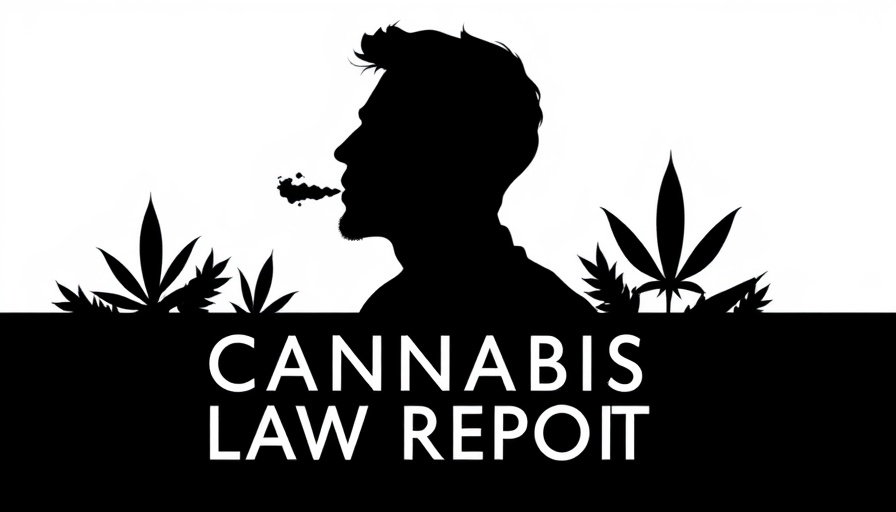
The Opportunity Beyond Prohibition: Redefining Drug Markets
The concept of drug legalization often brings to mind images of a chaotic free-for-all, but what if it could be a powerful engine for global justice? The end of prohibition is not just an opportunity to legalize substances, but a chance to reimagine the way drugs are traded globally. By embracing regulated markets, we can prioritize public health, social equity, and environmental sustainability.
Building Fair Trade Systems in the Cannabis Industry
Imagine a world where drug markets are not just about profit margins for mega-corporations, but opportunities for small-scale farmers and local businesses. Trade justice can turn the illegal drug market upside down, enabling equitable income distribution. By facilitating fair trade practices, the cannabis industry can support local economies while ensuring legal compliance and sustainability.
Tax Justice: Funding Global Initiatives
Tax revenues generated from a regulated cannabis market could yield an impressive US$150 billion annually for government coffers. This presents an extraordinary chance for countries to bolster their economies. These funds can be allocated towards public health initiatives, education, and infrastructure, mitigating the ongoing impacts of drug prohibition.
Revolutionizing Public Health Approaches
Despite being positioned as a public health strategy, prohibition has fallen woefully short, with a stark increase in drug-related harm over the past 60 years. Legal regulation challenges this failure by advocating for evidence-based health interventions that emphasize harm reduction and community health. This shift can pave the way for safer consumption practices and hydration to tackle addiction comprehensively.
Empowering Indigenous Communities through Legal Reform
The impact of drug prohibition has been tellingly adverse for Indigenous peoples globally. Indigenous rights must be at the forefront of any new cannabis legislation. Legal frameworks can address historical injustices by providing other avenues for economic growth, the recognition of traditional practices, and culturally appropriate healthcare options. Empowerment, rather than exploitation, is the goal here.
Combating Climate Change within Drug Policies
Let’s talk climate justice. The dark shadow of the illegal drug trade often wreaks havoc on our environment. But, with regulation, we can integrate sustainable practices, ensuring that community land is managed responsibly, environmental resilience is prioritized, and the ecological integrity of cultivation areas is respected. However, this requires collaboration with climate advocates to ensure these reforms don’t perpetuate existing harms.
Restoring Good Governance: A Chance to Rebuild
The so-called “war on drugs” has not just harmed users but has eroded governance, catalyzed corruption, and empowered organized crime. The transition to a regulated cannabis market offers a good governance solution, fostering transparency and accountability while revievin government credibility. It’s time to dismantle the old systems of exploitation and build facilities that prioritize citizen well-being.
Equality and Labor Rights in Cannabis Reform
Legalization is about more than just regulating substances; it’s a deeply social issue that intersects with labour rights. The transition to legal markets can provide decent employment opportunities in a sector that historically thrives in shadowy economies. By ensuring worker protections and fair wages, the cannabis industry can be a catalyst for significant societal change.
A Path Towards Racial Justice
The “war on drugs” has been a stark epitome of racial inequality, disproportionately affecting minority communities. The move towards legal cannabis markets is an opportunity to dismantle systemic racism entrenched in drug policy. With thoughtful reform, a more equitable future can emerge—one where the social and economic benefits of legalization are shared across all communities.
In conclusion, the growing momentum for cannabis legalization provides a remarkable opportunity to redesign the current framework of drug regulation. By centering justice, health, and environmental sustainability, we can create a future that benefits everyone. Cannabis brands are at the forefront of this transformation, and it's imperative that they advocate for policies that promote equity and justice. Let's drive change and elevate our communities together.
 Add Row
Add Row  Add
Add 




Write A Comment